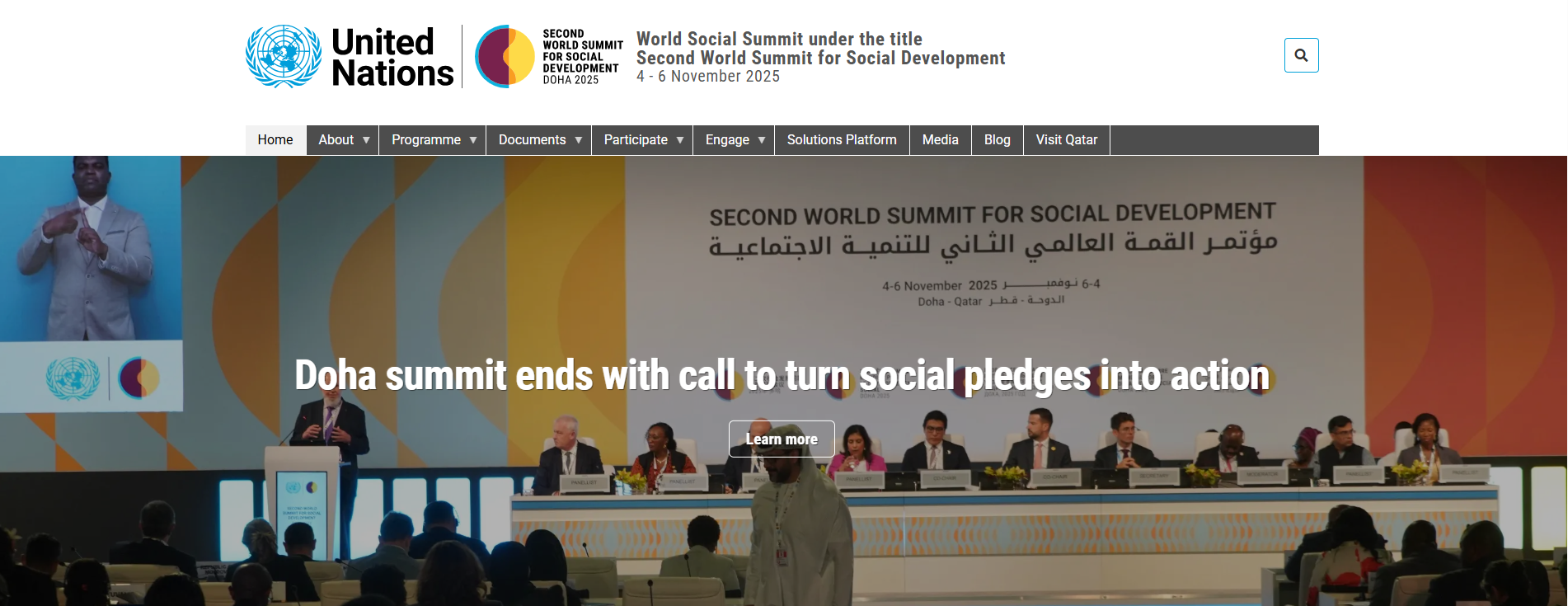Strengthening Multilateral Coherence: A Country Perspective from Switzerland
During the Geneva Dialogue on Trade and Labour (October 2025), hosted by the TASC Platform and the World Economic Forum Trade and Investment Team, Ambassador Valérie Berset Bircher, Deputy Head of International Labour Affairs at the Swiss State Secretariat for Economic Affairs (SECO), called for renewed multilateral cooperation to better connect trade and labour agendas, underscoring the importance of institutional coordination and policy coherence, particularly in a context of climate transition, automation, and shifting global competitiveness.
The Geneva Dialogue on Trade and Labour forms part of the broader Trade and Labour Programme, a joint initiative of the TASC Platform and the World Economic Foundation, supported by the Laudes Foundation.
Reinforcing the Social Dimension of Trade
Switzerland has been a proud and committed supporter of the Trade and Labour Programme since its launch. As the challenges and expectations around trade continue to evolve, we see real value in strengthening the connections between economic and social policy, particularly through dialogue that brings Geneva-based stakeholders together.
This is a particularly timely moment for this dialogue as the multilateral system stands at important crossroads.
“While it is easy to blame geopolitics, the deeper causes of today’s discontent lie elsewhere: the benefits of trade remain unevenly shared, both among and within countries. Too many people still feel left behind.”
Globalisation and current trade rules are often seen as drivers of a “race to the bottom” in environmental, social, and labour standards. As a result, some countries are turning to unilateral measures to address these challenges.
“Switzerland believes these issues are best tackled through multilateral dialogue, to preserve a rules-based, non-discriminatory international trading system.”
The need to ensure that no one is left behind has also been recognised by the UN Secretary-General. At his proposal, Member States are gathering in Qatar for the Second World Summit on Social Development. The forthcoming Doha Political Declaration for Social Development will address precisely this challenge: the decoupling of economic and social progress.
The message is clear, better alignment between economic and social development, between trade and labour policy, is not a luxury but a necessity if we are to maintain the benefits of the multilateral system.
Strengthening the Trade & Labour Nexus: Three anchor points
Despite ongoing challenges, several encouraging developments offer opportunities to strengthen the trade–labour nexus, where three signs of progress stand out.
First, the scientific evidence is clear: economic and social development are not only interconnected, but mutually supportive.
“ Research consistently shows that when we invest in improving working conditions, whether through better wages, workplace safety, or access to healthcare and education, productivity rises in tandem. ”
This creates a virtuous cycle where the well-being of workers drives economic growth, which in turn, creates more opportunities for social progress. We must embrace this symbiotic relationship as the foundation for a prosperous and equitable future for all.
Second, more countries now include labour provisions in their free trade or economic partnership agreements. Notable examples include the CPTPP and recent Mercosur agreements, such as the one with EFTA which includes Switzerland. Most recently, the EFTA–India TEPA, in force since 1 October, even became India’s first trade agreement to include labour provisions.
Integrating labour topics into trade discussions is never easy, but it ensures that economic cooperation also addresses its social dimension. Including labour issues in economic agreements enables targeted cooperation on labour issues and helps ensure that no one is left behind as economic relations deepen.
Third, collaboration between the ILO and the WTO Secretariat has been revived for the first time in a decade through the Global Coalition for Social Justice, notably via the new Partnership for Cotton. We hope this will open the door to a formal cooperation framework, similar to those both organisations, already have in place with other UN agencies.
Integrating Trade, Labour, and Development Goals
In conclusion, as recognised by the Marrakesh Agreement and the UN 2030 Agenda, trade remains a vital driver of sustainable development. It is therefore essential to strengthen our collective efforts to ensure an inclusive, open, and non-discriminatory trading system.
Economic prosperity and social and environmental progress must go hand in hand. Switzerland continues to advocate, at the domestic, bilateral, and multilateral levels, for a coherent, cross-cutting approach that unites these three dimensions of sustainable development.
“Only by realigning economic and social development, and by integrating trade and labour policies, can we create a truly inclusive global economy that ensures prosperity for all, leaving no one behind.”
The Trade and Labour Programme convenes stakeholders across trade and labour to examine how economic transitions can deliver more just and inclusive outcomes. Through fieldwork, multistakeholder dialogue, and policy engagement, the programme is building momentum for a global trade system that is socially responsive, economically resilient, and fit for the future of work, and the future of working together.
📬 Interested in joining this dialogue? Get in touch with us.




